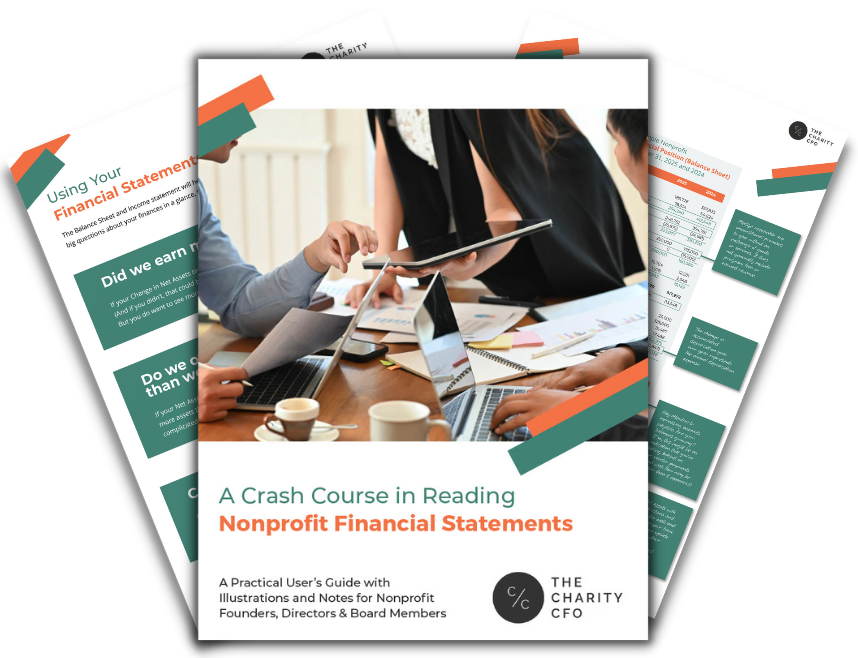 What are the benefits of donating to a 501c3?" width="600" height="350" />
What are the benefits of donating to a 501c3?" width="600" height="350" />
501(c)(3) donation rules are crucial for any nonprofit organization to understand.
Donations are the lifeline of any nonprofit organization. While some nonprofits depend more on government contracts or foundations, many rely on donations from individuals as their primary funding source.
One essential tool that you can use in your nonprofit is donation tracking software that can help you keep track of incoming gifts. Software helps ensure transparency and accuracy in keeping financial records and tracking restricted funds , crucial in maintaining your nonprofit.
In this guide, you’ll learn the rules nonprofits must follow when accepting and accounting for donations.
Most nonprofits have tax-exempt status with the Internal Revenue Service (IRS), which means their revenues, gross receipts, or income are exempt from the federal income tax rate. Tax-exempt status allows you to use your money to fulfill your mission instead of giving a significant chunk to the IRS as for-profit businesses must do.
The tax-exempt status can benefit charities, churches and religious organizations, schools, educational organizations, social welfare organizations, civic leagues, social clubs, labor organizations, business leagues, and political organizations.
 What are the benefits of donating to a 501c3?" width="600" height="350" />
What are the benefits of donating to a 501c3?" width="600" height="350" />
501(c)(3) nonprofits are a specific class of nonprofit organizations recognized by the IRS, including most charitable organizations and churches.
Donations to 501(c))3) nonprofit organizations are tax-deductible. Individuals can deduct up to 100% of their income in qualified donations. Corporations are limited to a deduction equal to 25% of their taxable business income .
Large corporations actively seek the tax deduction, so they often will not give money to organizations that do not have a legitimate 501(c)3 status.
Donating to a nonprofit with the correct tax exemption status also helps ensure your money will be put to good use, as 501(c)3 organizations are held accountable to legal standards enforced by the federal government.
A nonprofit organization doesn’t need to have a 501(c)3 designation to accept donations. But, as a donor, if you donate to an organization that doesn’t have the correct designation, you cannot claim the tax deduction when you file your tax return.
Nonprofits without the correct designation will often turn to crowdfund sources or GoFundMe programs to collect donations.
PRO TIP: If you donate to an organization that has applied for tax-exempt status but has not yet received a letter of determination from the IRS, your donation will be exempt from taxes only if their application is eventually approved.

One of the restrictions placed on 501(c)3’s is that they cannot use funds for political lobbying purposes.
Political nonprofits exist, but they fall under the 501(c)4 designation instead with specific tax exemptions and a different way of handling political contributions. A donation to any of the following is NOT tax-deductible according to the IRS:
Yes, donors can place restrictions on how a nonprofit may use its funds.
Nonprofits are required to adhere to these donor requests by creating accounts to track restricted funds separately from other funds and reporting restricted fund balances on their financial statements .
Yes, you can. It’s quite common for nonprofits to support other nonprofit organizations, especially if they share a common mission or serve the same community.
Before donating, you should do your due diligence and ensure that the nonprofit you are giving money to is reliable and worthy of your funding– this could help you prevent potential damage to your reputation if that organization isn’t using their funding appropriately.
Yes, 501(c)3 nonprofits can gift money to individuals, provided the individual falls under the primary demographic the nonprofit assists and the donation falls within your organization’s mission as declared to the IRS.

Getting more donations is vital in raising funds to keep your nonprofit going. Because of this, nonprofits are getting creative with fundraising events to entice more sponsors and donors. Here are some of the different trips on how you can increase donations to your nonprofits:
Nonprofits love to partner with other nonprofits to multiply resources and help accomplish a common goal. Search for nonprofits that cater to the same audience as you and propose hosting joint events or fundraising ventures.
By partnering with other nonprofits, you are dividing the responsibilities, and both organizations can help achieve their goals which creates a win-win for both.
Because of the COVID pandemic, most in-person events transitioned to virtual events. The good news is that virtual events are cost-effective and can reach a much wider audience. Just because you are holding a virtual event doesn’t mean that you can’t be creative and have fun with it!.
Social media is a quick and easy way to reach your audience and bring awareness to your cause. It’s an instant way to reach thousands (or millions!) of people. And thanks to easy online payment options, people don’t even have to leave their phones to send money!
When posting to social media, be sure to always include a call-to-action. Don’t be afraid to ask for donations, and provide easy options for them to pay you now, like text-to-donate services or Live Donations through Instagram .
At some point, every nonprofit organization needs someone to turn to for answers. But too often, there’s nobody there.
The rules for nonprofit bookkeeping and accounting are complex and confusing. So having an expert financial partner on your side can help you sleep better at night and keep your organization out of trouble.
The Charity CFO provides full-service bookkeeping and accounting services for over 100 nonprofit organizations in the USA. We’re experts on everything from time-saving bookkeeping software to financial reports and audits.
Our team of experts can help answer your questions about donations, taxes, audits and more. Are you ready for on-demand support from a world-class nonprofit financial team?
No time to read this article now? Download it for later.

Get our FREE GUIDE to nonprofit financial reports, featuring illustrations, annotations, and insights to help you better understand your organization’s finances.

Get our FREE GUIDE to nonprofit financial reports, featuring illustrations, annotations, and insights to help you better understand your organization’s finances.